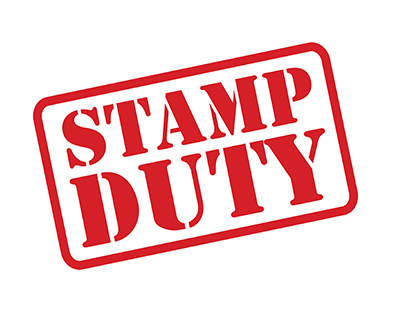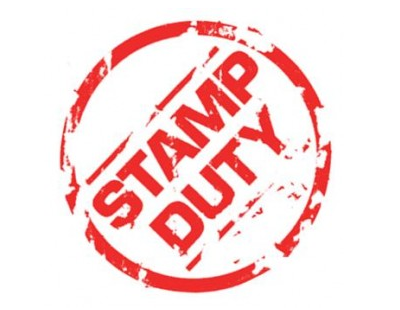Figures released by HMRC over the weekend show another huge rise in stamp duty going to the Treasury - and that’s BEFORE the latest surcharge imposed on overseas buyers, announced yesterday and widely criticised by agents.
Before the revelation of the latest surcharge was revealed, HMRC figures were released showing that nationally just under £9.3 billion stamp duty was paid on residential purchases in 2017-18, up 8.0 per cent.
The average was £8,400 on each deal.
The biggest surprise, to some, was that the three per cent duty surcharge on buy to let and holiday homes appeared to have done little to stifle demand for these additional properties. Additional home buyers paid £4 billion, or 43 per cent, of the total £9.2 billion duty on residential property in 2017-18.
Key statistics released by HMRC included:
- In 2017-18, £9,275 million of stamp duty receipts were paid on 1.1 million residential transactions;
- Residential stamp duty receipts increased by eight per cent and transactions increased by one per cent from the previous year;
- The government says the increase in receipts was partly due to an increase in the proportion of transactions paying the higher rates;
- The mean amount of stamp duty per residential transaction increased by seven per cent to £8,400;
- No less than 97.3 per cent of stamp duty revenue in 2017-18 came from transactions in England, with Wales and Northern Ireland accounting for two per cent and just 0.7 per cent respectively;
- Within England, transactions in London contributed the most SDLT revenue, which was 39 per cent of total receipts.
Meanwhile a wide range of agents have criticised yesterday’s announcement of another one to three per cent stamp duty surcharge, this time on overseas buyers. Final details will be the subject of a formal consultation.
A buying agent - identified on Twitter as Prime Property Buyer - tweeted that: “After each recent xenophobic rise, I have seen the psychological impact on my overseas clients’ purchasing trends. For five years they have seen increases. It’s not their cost, it’s what the trend line implies about the future and how welcome they are here.”
Steven Herd, founder of central London agency My London Home, tweeted on the importance of the overseas buyer to the capital and added: “I’m not sure the UK can actually afford to kill this market without creating negative equity and poverty for generations.”
Meanwhile another buying agent, Henry Pryor, said off the government’s proposal: “Expect other deck chairs to be re-arranged at the Conservative Party conference as they try to find answers to housing [problems].”
Russell Quirk, chief executive of Emoov, wrote on social media: “I doubt very much that this will deter foreign buyers or indeed replace them with more domestic buyers. Opportunism. And another £500m for the Treasury each year of course.”
Finally, again on social media, HouseSimple chief executive Sam Mitchell commented: “This will solve the housing crisis (rolls eyes), just what London needs right now…”


















%20A%20property%20tale%20for%20our%20times.png)








Join the conversation
Jump to latest comment and add your reply
Smoke and mirrors! Stamp duty may be up but what about the loss in taxes that would have been generated by the lost transactions and from the ancillary professions they would have supported.
We should demand to see the net figures so we, the electorate, can see whether these measures are for fiscal or electoral purposes.
Rather predictable bleating and whining from top end London agents on this. But the reality is that Government policy is clearly designed to prick the London price bubble and get prices back down to where they are reasonable for normal working Londoners. This is no different to the BoE rising interest rates to prevent a stock market bubble. It is a sensible policy that will mean a better market for everyone. Yes, a few fools who bought at the top of the market in 2014 will take a bath, but it was obvious to anyone with half a brain that those prices weren't sustainable. They will get over it.
Please login to comment